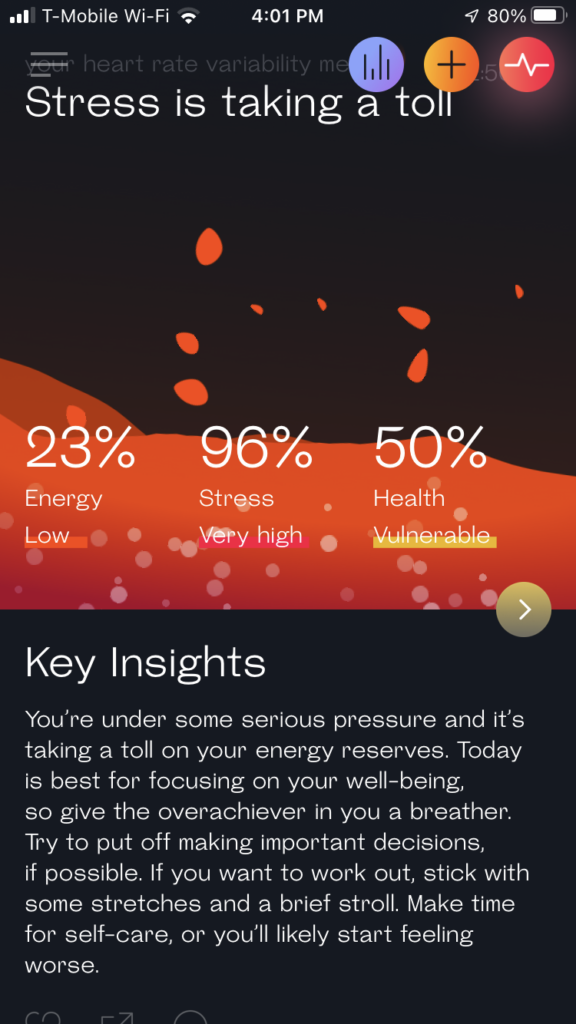My husband has a a weak immune system. He used to get colds once a month or whenever he would travel. I, on the other hand, have a wildly overactive immune system. I never get colds.
His immune system doesn’t fight shit off well, whereas mine seemingly never ever stops reacting. I have an auto-immune disorder which is marginally worse than getting colds so on balance Alex does more caretaking of me than I do of him. But it wasn’t always that way.
I used to take care of his regular colds when we first got together. When he married me and we lived together, he slowly absorbed my overly active immune system, eventually cutting down on his colds to a couple times a year. And yes this is weirdly a thing that happens. Your partner affects your gut biome. My health sadly got kinda worse over the course of our relationship. I doubt Alex’s shitty immune response made my life any worse (if anything I would be thrilled for mine to chill out and I take drugs to subdue it) but arguably him getting my overly active immune system has done wonders for him.
I stopped being a caretaker for him. He became a caretaker for me. It was an interesting transition I didn’t really clock at the time. Alex was used to constantly being sick for years but through exposure to me he kinda forgot how much it sucks. This was further exacerbated when the pandemic hit and we stopped being exposed basically any infections.
Alex went two years without a cold. It was miraculous! Alex really enjoys his identity as a health person. Hell he thrived as an active Colorado outdoorsman in a way he never did as an indoor New Yorker. But travel and life is rebooting and it would seem Alex’s old weak immune system is so out of practice it doesn’t do well with crowds and travel and public appearances. We’ve been in Miami less than a week and he’s sick as a dog. Thankfully it’s not Covid. But guess who got to remember what it was like to be a caretaker again? Yeah, I’m responsible for Theraflu and nose spray. I didn’t do any of the conference I’d planned for the day and had to cancel on a bunch of plans but honestly it’s not so bad. Caretaking is an act of love after all.
